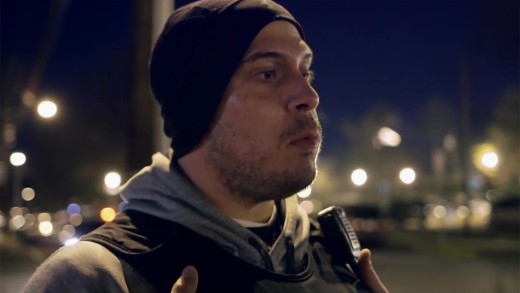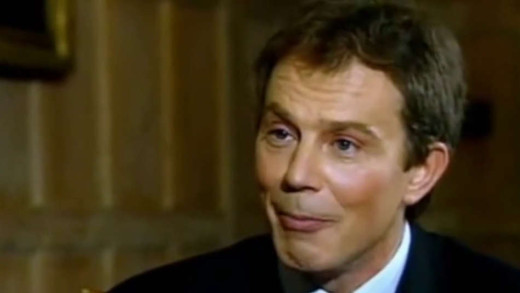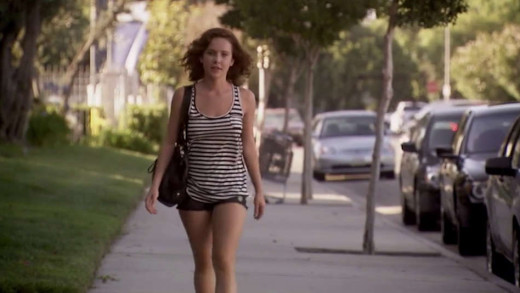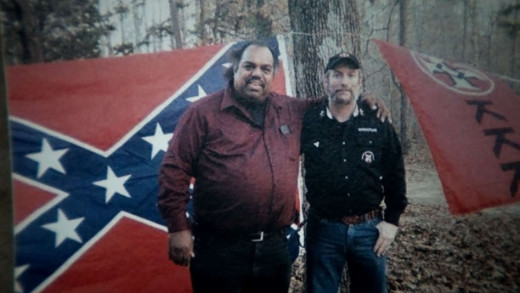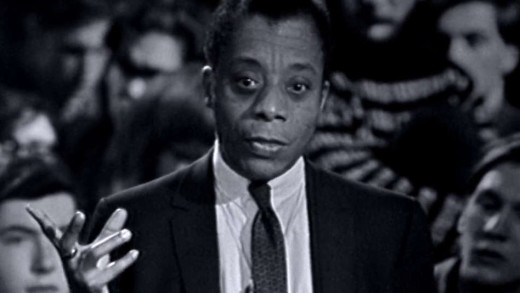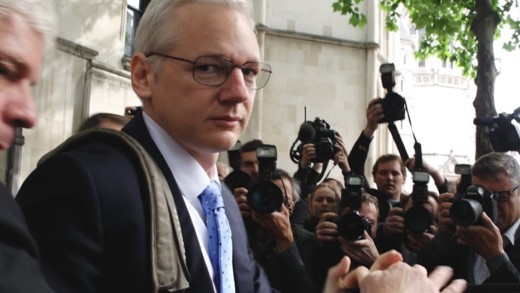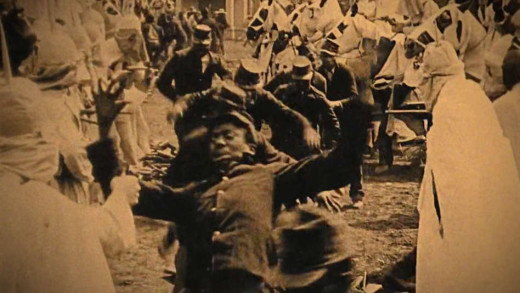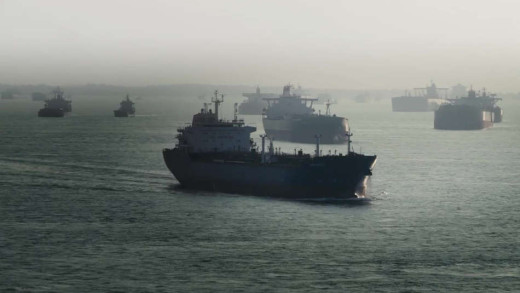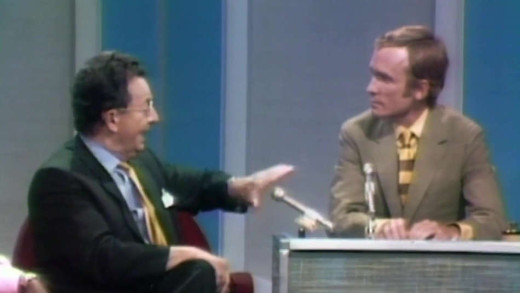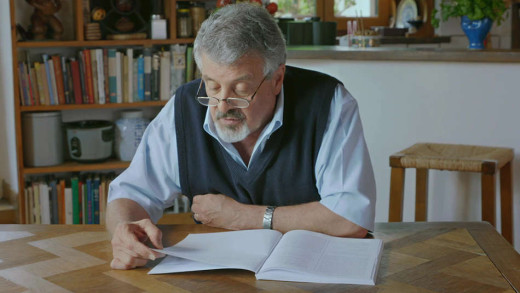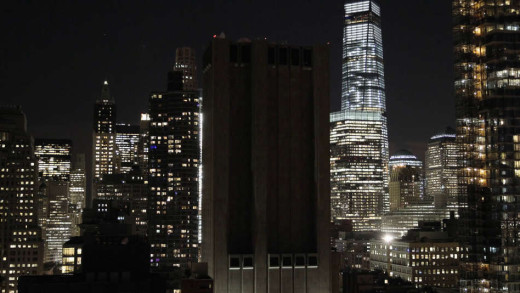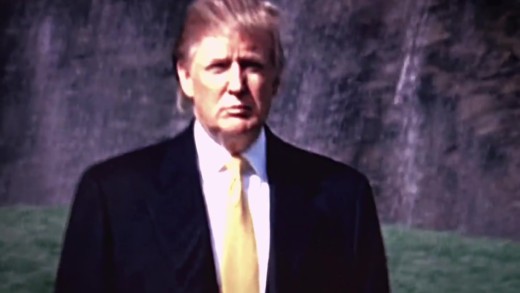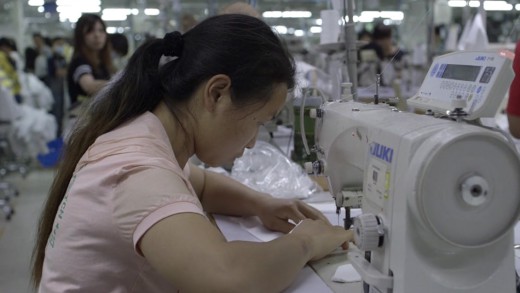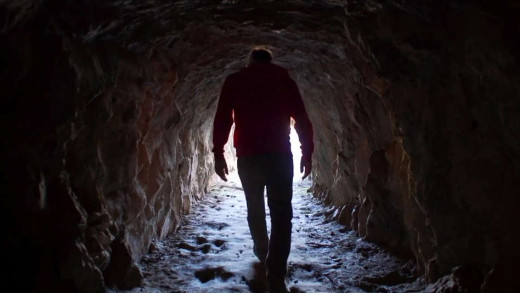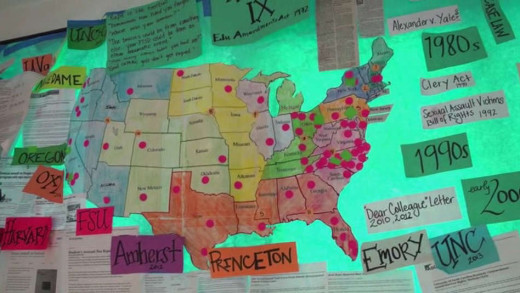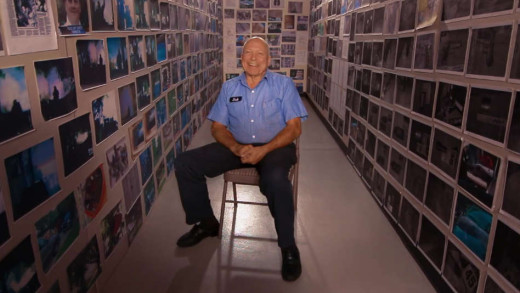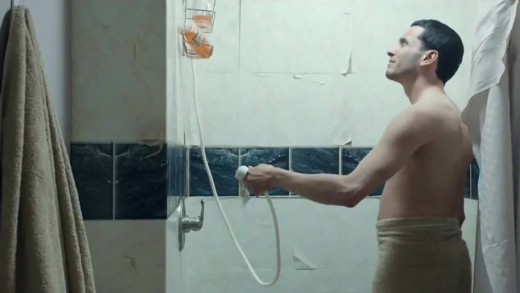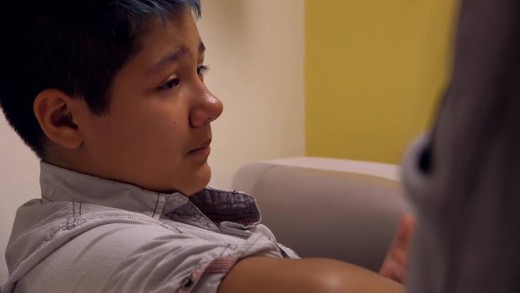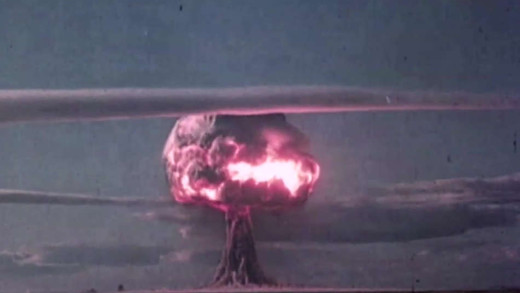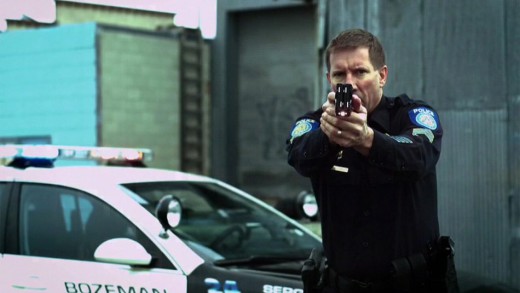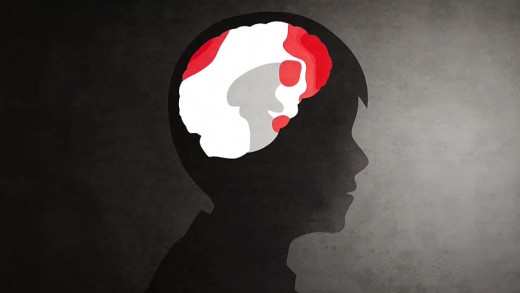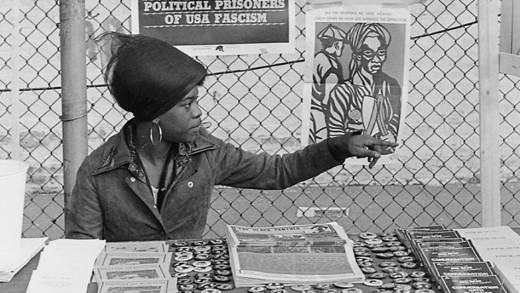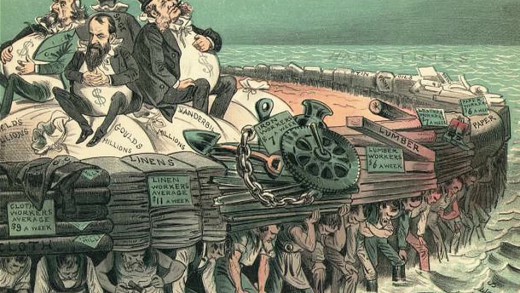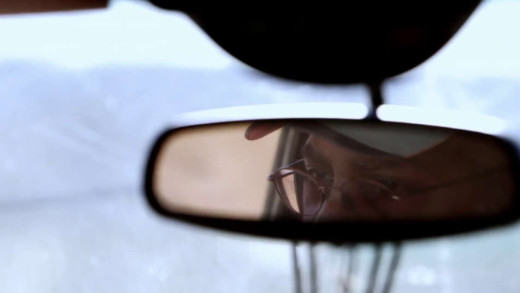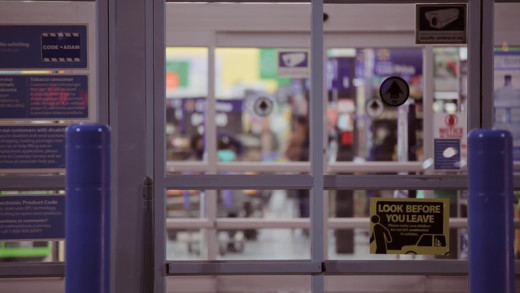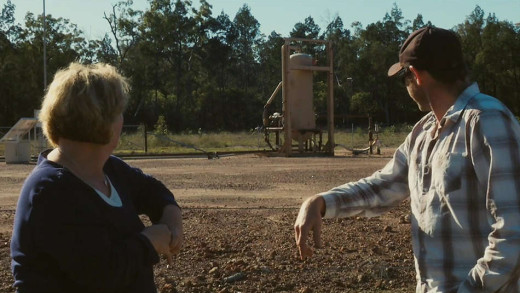Over the past several years, a seemingly relentless string of killings by police of unarmed black men—Michael Brown in Ferguson, Freddie Gray in Baltimore, Eric Garner in New York—has reignited issues around race, policing and civil rights in the United States that have been languishing unresolved for decades. Recently the issues are critical enough that the Department of Justice has stepped in to mandate reform of several police forces renowned for brutality and institutional abuses of power. In Policing the Police, journalist Jelani Cobb gets up close and personal with police departments and officers alike, to show from the inside the difficulties these institutions now face of fixing a broken relationship with the community after decades of mistrust. Is it even possible with the current police culture? Policing the Police is a powerful case study of these questions, and a light on just how much has to change.
The Killing$ of Tony Blair documents former UK Prime Minister Tony Blair’s well-remunerated business interests since leaving government, and his complicity in the thousands of innocent people who have died following his decision to invade Iraq.
This short video explores how the online world has overwhelmingly become the popular outlet for public rage by briefly illustrating some of the many stories of everyday people which have suddenly become public enemy number one under the most misunderstood of circumstances and trivial narratives. With the web acting like a giant echo-chamber, amplifying false stories and feeding on the pent-up aggression of the audience watching the spectacle, The Outrage Machine shows how these systems froth the mob mentality into a hideous mess, as a good example of where the spectacle goes and how its intensity has to keep ratcheting up in order maintain the audience attention, in a culture of dwindling attention spans, distraction and triviality.
The microbeads of plastic contained in cosmetics, shower gels, soaps, toothpastes, and many other products, of course directly end up in rivers and oceans, fish and birds, as well as other creatures of the sea and indeed land. But if that isn’t problematic enough, these tiny plastics are only part of the bigger problem of plastic prolifically choking the ocean to death. For all plastics, big or small, break down and fail into smaller plastic particles, having cumulative biological and toxicological effects. This short television report takes a quick look into how marine life is effected by all this, and why we should do something about it before it’s too late.
The Porn Factor takes viewers on a journey of discovery, from regional and urban Australia to the centre of the international porn industry in Los Angeles and back. Through candid interviews with young people, pornstars, and other industry professionals, The Porn Factor explores how pornography is shaping young people’s sexual expectations and experiences. Readily available and aggressively marketed online, exposure to hardcore pornography is now mainstream. The classroom or parent talk is now no match for porn—with its endless array of gyrating bodies, offering a quick, easy and anonymous sexual charge. Porn has become the default sexuality educator for young people growing up online. It brings into compelling focus the 21st century challenges faced by parents, schools and others as they seek to equip young people for a sexuality that is safe, respectful and fully consenting.
Daryl Davis is an accomplished musician, a piano player who has played all over the world with legends like Jerry Lee Lewis, Little Richard, and Chuck Berry. He is also an activist, meeting and befriending members of the Ku Klux Klan, many of whom have never met a black person. And when some of these same people decide to leave the Klan, Daryl keeps their robes and hoods—building his collection piece by piece, story by story, person by person. In Accidental Courtesy, Daryl takes the viewer on a journey from the steps of the Lincoln Memorial to Memphis, from Alabama to Ferguson, Missouri, as he recounts the entwined history of black America and popular music. Along the way, he questions several current and former Ku Klux Klan leaders as well as young Black Lives Matter activists who vehemently disagree with his tactics of tacking racism in society.
In 1979, author and activist James Baldwin wrote a letter to his literary agent describing his next project, Remember This House, which was to be a revolutionary, personal account of the lives and assassinations of three of his close friends—Medgar Evers, Malcolm X and Martin Luther King, Jr. But eight years later, Baldwin died, leaving behind 30 completed pages. I Am Not Your Negro is a film of the book that was not finished, offering an incendiary snapshot of James Baldwin’s crucial observations on race relations in the United States, with a flood of rich archival footage. The film is a journey into black history that connects the past of the Civil Rights movement to the present of #BlackLivesMatter, questioning black representation in the United States and beyond.
Cornered in the tiny building of the Ecuadorian embassy in the United Kingdom for half a decade, WikiLeaks founder Julian Assange and his team are undeterred, continuing to release troves of important documents, even as the personal legal jeopardy he faces threatens to undermine the very organisation he leads and fracture the movement it inspired. Filmmaker Laura Poitras finds herself caught between the motives and contradictions of Assange and his inner circle. Filmed over six years, Risk is a complex and volatile character study of the forces that crescendo with a high-stakes election year in the United States and its controversial aftermath. In a world order where a single keystroke can alter history, Risk is a nuanced and curious portrait of power, betrayal, truth, and sacrifice. How much of your own life are you willing to risk?
13th explores the intersection of race, justice, and mass incarceration in the United States, as titled after the Thirteenth Amendment to the United States Constitution, adopted in 1865, which purported to abolish slavery throughout the United States and end involuntary servitude except as a punishment for conviction of a crime. The film contends that slavery has been perpetuated since the end of the American Civil War through criminalising behaviour and enabling police to arrest poor enslaved people and force them to work for the state under convict leasing; suppression of African Americans by disenfranchisement, lynchings and Jim Crow; politicians declaring a war on drugs that weighs more heavily on minority communities and, by the late 20th century, mass incarceration of people of colour in the United States. 13th examines the prison-industrial complex and the emerging detention-industrial complex, discussing how much money is being made by corporations from mass incarcerations.
Every day, billions of people are unwittingly taking part in what is the largest most comprehensive psychological experiment ever conducted. The old marketing and advertising world using billboards, advertisements and TV commercials to persuade us, has been comprehensively augmented by an entirely new field of “user experience architects” and “online persuasion agents.” These forces are given tremendous power from the proliferation of digital technologies. So how do these powerful forces ensure that we fill our online shopping carts to the brim, or stay on websites as long as possible? Or vote for a particular candidate? What Makes You Click examines how these prolific entities collectively and individually use, shape, and manipulate our experiences via an online world, not just when it comes to buying things, but also with regards to our free time and political perspectives. The manipulation has become so good that these powerful controllers, former Google employees among them, are themselves arguing for the introduction of an ethical code. What does it mean when the grand conductors of these huge experiments themselves are asking for their power, influence and possibilities to be restricted?
90% of the consumer products are manufactured overseas, delivered by ship. Likewise with individual supplies, assembly parts, and even transportation oil itself. The shipping industry is the core of the globalised economy. Yet this industry remains largely obscure and unquestioned. As modern ships are too large to fit in traditional city harbours, they’ve moved out of the public eye, behind extensive barriers and security check points. Freightened: The Real Price of Shipping aims to open up this hidden world. What pulls the strings in this multi-billion dollar global business? To what extent does it control policy makers? How does it affect the environment above and below the water-line? And what’s life like for modern seafarers? Through journeys over many oceans, Freightened is an investigation the hidden machinations of globalised shipping, revealing its ubiquitousness but fragility, consequences and future.
All Governments Lie: Truth, Deception, and the Legacy of I.F. Stone looks at an array of award-winning filmmakers who subscribed to I. F. Stone’s newsletter in their teens, revealing a new wave of independent, investigative, adversarial journalists following in Stone’s footsteps. Reflecting on his work during the era of McCarthyism, a chorus of independent journalists also reflect on today where giant media conglomerates are reluctant to investigate or criticise government policies—particularly on defence, security and intelligence issues. With government deception rampant, and intrusion of state surveillance into our private lives never before more egregious, independent journalists tell their story of being inspired by the iconoclastic Stone, whose fearless, independent reporting from 1953 to 1971 filled a tiny 4-page newsletter. Stone is little known today, but All Governments Lie reveals the profound influence he had on contemporary independent journalism.
American Anarchist is the story of The Anarchist Cookbook, and the role it’s played in the life of its author, William Powell. Written as a teenager—and first published at the apex of the counterculture of the 1970s to protest the United States’ involvement in the Vietnam War—part manifesto, part bomb-making manual, The Anarchist Cookbook went on to sell over 2 million copies and has been associated with decades of anti-government attacks, abortion clinic bombings, school shootings, and domestic terrorism. Powell, now 65 and haunted by his creation, confronts his work and its consequences. We see how in 1976, 5 years after writing the book, he left the United States, leading an itinerant life and later becoming a teacher for emotionally disturbed children, the same sorts of kids that carried the Columbine High School massacre, the Colorado high school shooting and the 2012 Aurora shooting. American Anarchist is a cautionary tale of youthful rebellion, unforeseen consequences, and a universal story of an older person wrestling with their younger past.
Project X is a short film taking viewers on an undercover journey based on formerly top-secret documents that show a partnership between the National Security Agency and telecommunications corporations such as AT&T and Verizon for mass surveillance and bulk data collection of voice and data. The documents reveal TITANPOINTE, the codename for a large windowless sky scraper in New York, where AT&T and other corporations house vast Internet switching equipment and data centres. The facility is also tied to a nearby FBI building, and its rooftop equipment to the SKIDROWE satellite surveillance system. These findings were possible because of documents released to the public by Edward Snowden and other brave whistleblowers.
The Illusionists examines how global advertising firms, mass media, and the beauty, fashion, and cosmetic-surgery industries have together colonised the way people all around the world define beauty and see themselves. Taking us from Harvard to the halls of the Louvre, from a cosmetic surgeon’s office in Beirut to the heart of Tokyo’s Electric Town, The Illusionists shows how these industries saturate our lives with narrow, Westernised, consumer-driven images of so-called beauty that show little to no respect for biological realities or cultural differences. Featuring voices from prominent sociologists, magazine editors, scientists, artists, and activists, The Illusionists documents a truly global phenomenon, with hegemonic results.
In 2013, seventeen-year-old Rehtaeh Parsons took her own life. She had been gang-raped a year and a half earlier by her classmates and labeled a “slut” as a result. Despite transferring schools many times, she could not escape constant online harassment and in-person bullying. But Rehtaeh’s story is horribly not the only one like this to make headlines in recent years. Why is the sexual shaming of girls and women, especially sexual assault victims, still so prevalent throughout this culture? UnSlut tackles this question through a series of conversations with those who have experienced sexual shaming and how it manifests, while also offering immediate and long-term goals for personal and institutional change.
The Empathy Gap investigates how dominant culture bombards young men with sexist and misogynistic messages and argues that these messages not only devalue women but also undercut men’s innate capacity for caring and empathy. The film looks closely at the ways these messages short-circuit men’s ability to empathize with women, respect them as equals, and take feminism seriously, drawing parallels between sexism and racism, spelling out how each is rooted in cultural norms that discourage empathy, and shows how men who break with these norms live happier and healthier lives.
Arresting Power documents the history of conflict between the Portland police and members of the community throughout the past fifty years in the United States. The film portrays personal stories of victims of police misconduct, the families of people who were killed by police, and members of community activist groups working for reform and abolition. Using experimental filming techniques, meditative footage, and official police radio audio feeds, Arresting Power pieces together a space for understanding a lens on the impacts of police violence and community attitudes.
The True Cost is a global investigation into the clothes we wear, the people who make them, and the impact the industry is having on the world. The price of clothing has been decreasing for decades, while the human and environmental costs have grown catastrophically. The True Cost pulls back the curtain on the untold story and asks us to consider, who really pays the price for our clothing?
In the race towards modernity, amongst the buzz and jitter of technological innovation and the rapid growth of cities, silence is now quickly passing into legend. Beginning with an ode to John Cage’s seminal silent composition 4′ 33″, the sights and sounds of this film delicately interweave with silence to create a contemplative experience that works its way through frantic minds and into the quiet spaces of hearts. As much a work of devotion as it is documentary, In Pursuit of Silence is a meditative exploration of our relationship with silence, sound, and the impact of noise on our lives.
In 1960, NBC aired what is widely considered to be the first reality television show in American broadcast history. Billing itself as a new kind of visual reporting, the show was called Story of a Family, and it purported to document the day-to-day lives of the 10-member Robertson family of Amarillo, Texas. While the show has long since faded from public memory, media scholars and television historians have long recognised its significance as a precursor to the “unscripted programming” that dominates television today. TV Family draws on this history by interviewing several of the children featured in Story of a Family, to offer a fascinating behind-the-scenes account of how the show was made, and what it means to shape culture. Weaving personal anecdotes with commentary from historians and scholars, TV Family reveals the story of how the show’s producers carefully choreographed the way they wanted the family to appear to the American public—all in the name of “authenticity.” The result is an eye-opening look at one of television’s earliest successes in shaping the reality of family life in commercially viable ways.
The Hunting Ground presents the story of multiple students who were sexually assaulted at their college campuses, and say that college administrators either ignored them or required that they navigate a complex academic bureaucracy to deal with their claims, and then often did nothing. The film shows that many college officials were more concerned by minimising rape statistics for their universities than by the welfare of the students, and contains interviews with college administrators who state that they were pressured into suppressing rape cases. The film documents the lack of action by law enforcement and university administrations, including Harvard, the University of North Carolina at Chapel Hill, Amherst College, and Notre Dame, but it also examines fraternities such as Sigma Alpha Epsilon, colloquially referred by some as “Sexual Assault Expected.” The Hunting Ground also profiles a group of students that pushed back against this extreme injustice, by creating their own survivors network across the United States, supporting survivors and driving universities to finally take the issue of sexual assault seriously.
Peace Officer explores both the militarisation and increasingly violent culture of police forces, as told through the career of William Lawrence, a former sheriff of Davis County in Utah United States, who established and trained the state’s first SWAT team. As a gifted investigator, Lawrence’s savvy skills help break the Ted Bundy case. He also sees SWAT enter the public consciousness and transform the culture of policing throughout the 1970s, along with the convergence of the War on Drugs on policing attitudes and police violence. He eventually leaves public office, concerned, when soon after, his son-in-law is killed in an emergency call gone awry by the very same SWAT unit he created 30 years ago. An internal investigation of course finds no police wrongdoing, so Lawrence turns to his own renowned investigative skills. He sets out to not only uncover the truth of his son-in-law’s homicide, but to tackle the culture and attitudes of modern-day policing on a national level.
Would any sane person think dumpster diving would have stopped Hitler, or that composting would have ended slavery or brought about the eight-hour workday; or that chopping wood and carrying water would have gotten people out of Tsarist prisons; or that dancing around a fire would have helped put in place the Voting Rights Act of 1957 or the Civil Rights Act of 1964? Then why now, with all the world at stake, do so many people retreat into these entirely personal “solutions”? Why are these “solutions” not sufficient? But most importantly, what can be done instead to actually stop the murder of the planet?
What do you get when you combine the culture of screens with the society of the spectacle, pervasive individualism with its rampant loneliness, in a media environment awash in a culture of pornography, instant gratification and self-interested sexual impetuousness? An insight into the question could be perhaps explained through The Secret World of Tinder. Tinder is an ‘app’ for ‘smartphones’ that displays profile pictures of people that are near the phone. When couples are matched, they can text each other. Many call it “the sex button” and the app indeed has a reputation in the world of online dating. This short TV documentary attempts to explore what it means in today’s culture mediated by technology, as seen through the Tinder app, providing insights into the way some people think and feel about sex and relationships in the age of the technocracy.
Growing Up Trans explores how queer theory, now in the mainstream, has come to children—some younger than six years old. For just a generation ago, it was considered only adults who wished to perform opposite gender stereotypes, physically changing their bodies or appearance with drugs, hormones and invasive surgery; but today, many young children are seeking serious and new medical or chemical interventions, at younger and younger ages, in a culture of rampant individualism and post-modernism. Told from the perspective of parents, doctors, but perhaps most revealing of all, the kids themselves, Growing Up Trans reveals a sharp narrative that speaks to the choices and struggles of a new generation of young people, while also illustrating the dynamics of the larger post-modern culture and how its profoundly influenced their lives, bodies, and indeed the existential self.
As the United States developed the world’s first nuclear weapons in secret, it was surprised at the speed in which the USSR was able to also develop such weapons, and that such developments would lead to an unprecedented arms race. The USSR was able to obtain all the nuclear discoveries made by scientists who worked on the top-secret Manhattan Project through a very unusual spy, Elizabeth Zaroubin. She managed to gain the trust of great researchers, such as Einstein, in a story comparable to some of the best spy novels ever written.
Hot Girls Wanted is an up-close and personal view into the lives of several 18 to 25 year-old girls who are lured into the world of amateur pornography on the Internet. The film sets out to illustrate just some of the many ways the industry really works as opposed to how it appears, as well as providing an insight into the modern recruitment process—the pundits on the inside call it ‘The Game.’ And there are many tricks. According to the teens themselves, many come to porn by the promise of rich extravagant lifestyles, as well as fame and visibility. And while the money can be good for some, at least for a little while, that’s only a small part of the picture. The myths are many and there is a brutal reality of life in the industry, causing high turnovers of girls—once they cotton-on to The Game…
Sugar Coated investigates a once secret public relations campaign, dating back to the 1970s, where the sugar industry deflected threats to its multi-billion dollar empire from scientific research emerging implicating processed sugar with adverse health effects. In order to continue sweetening the world’s food supply, thus securing continued profits, the sugar industry turned to the very same deceptions and tactics lifted from the tobacco industry. Using big sugar’s own internal documents on this strategy, Sugar Coated reveals the well-oiled tricks of the trade to confuse the public about what is really driving the global pandemic of obesity, diabetes, and heart disease. Will we be fooled again?
In the early 2000s, two brothers garnered tremendous wealth when they started a company selling so-called “non-lethal” taser weapons, which quickly saturated police agencies and reinforced a culture of trigger-happy police officers. But instead of “saving lives” as was the catch-cry of the taser, and the company, the weapons were instead commonly used for pain compliance, and lead to a spurious string of deaths. The company didn’t back down. They insisted, despite mounting evidence to the contrary, that their weapon was safe and not at fault—not even a contributing factor—in the killings. Killing Them Safely delves into this troublesome mindset and that of the company, as well as the social implications of such weapons in a problematic police culture.
The Mask You Live In unpacks how this culture’s narrow and harmful definition of masculinity effects boys, young men; girls and women; and society in general in myriad ways, as our children struggle to stay true to themselves when confronted by this culture. Pressured by their peer group, heavily influenced by a barrage of media messages, and even their very own parents and other adults in their lives, our protagonists confront messages encouraging them to disconnect from and suppress their emotions, devalue authentic friendships, objectify and degrade women, and resolve conflicts through violence, control and manipulation. These traits and stereotypes closely interconnect with problems of race, class, and circumstance, creating a maze of identity issues boys and young men must navigate to become “real” men as the culture expects and perpetuates. Experts in neuroscience, psychology, sociology, sports, education, and media also weigh in, offering empirical evidence of how these issues intersect, and what we can do about it.
In Requiem for the American Dream, renowned intellectual figure Noam Chomsky deliberates on the defining characteristics of our time—the colossal concentration of wealth and power in the hands of the few and fewer, with the rise of a rapacious individualism and complete collapse of class consciousness. Chomsky does this by discussing some of the key principles that have brought this culture to the pinnacle of historically unprecedented inequality by tracing a half century of policies designed to favour the most wealthy at the expense of the majority, while also looking back on his own life of activism and political participation. The film serves to provide insights into how we got here, and culminates as a reminder that these problems are not inevitable. Once we remember those who came before and those who will come after, we see that we can, and should, fight back.
1966, United States. A new revolutionary culture was emerging and it sought to overthrow the corrupt systems of power waging the invasion of Vietnam, amongst the struggle for equality and civil rights at home. Beginning with armed citizens’ patrols to keep police accountable and challenge police brutality in Oakland California, The Black Panther Party put itself at the vanguard for social change, expanding in 1969 to community social programs, including free breakfast for school kids and community health clinics. This lead the FBI to call the movement “the greatest threat to the internal security of the country,” and start an extensive government program called COINTELPRO to surveil, infiltrate, perjure, harass, discredit, destabilise and disintegrate the movement. This film chronicles the story arc of the Black Panthers successes and failures, through the voices of the people who were actually there: police, FBI informants, journalists, white supporters and detractors, and the Black Panthers themselves.
Plutocracy: Political Repression in the United States is a series of films that comprehensively examine early North American history through the lens of class, to enable a wider critique of the social order in contemporary United States. The series not only documents and exemplifies individual strikes and labour movements throughout the centuries, but also serves to connect the narratives and political lessons of an entire era from a working-class viewpoint, forming a solid base of analysis for class struggle.
Milk
Traversing the judgement placed on women who bottle-feed their babies, to the stigma surrounding mothers who breast-feed their toddlers, and the stigma of breast-feeding in public, the polarised topic surrounding breast-feeding sets off an emotional and personal debate in a highly eroticised culture, where it is hard for some to remember that breasts have a purpose that is not selling cars, beer, and sex. Milk investigates the overarching themes surrounding the commercialisation of infant feeding and its effects on child mortality, as well as the challenges it presents to adequate health worker training and the judgement placed on women regardless of how they choose to feed their babies. Milk also shows the natural world juxtaposed to the industrialised way in which we receive a new life into this world. Milk follows stories of mothers from different cultures spanning 11 countries, as it reveals the universal issues and challenges facing motherhood and birth today.
(T)error is the story of a 62-year-old Theodore Shelby, a former Black Panther now turned informant for the FBI going under the name Saeed “Shariff” Torres. The film documents his work on an undercover sting operation that targets a Muslim American Khalifah Ali Al-Akili on weapons charges, as well as Tarik Shah, a professional jazz musician, accused of providing support to al-Qaeda, even though no actual terrorist contact ever took place. The cases are used as examples of preemptive prosecutions, and illuminate aspects of the surveillance state in the post-9/11 world of the United States.
Rape on the Night Shift is a harrowing investigation into the rampant sexual abuse of the many thousands of unseen women who clean the shopping centres, banks and offices of some of the largest companies throughout the United States. The cleaning companies and contractors themselves are some of the largest companies throughout the country and the world. This report follows a prior investigation about systemic abuse of migrant women working in America’s fruit and vegetable fields, as well as packing plants and industry. Both set out to document the many aspects of a booming rape culture, driven in part by the synergy of a failure of criminal prosecutions, the legal system, a culture of pornography, the realities for migrant workers, and a perfect storm for human trafficking.
Rape in The Fields is the first part of a year-long reporting effort into the systemic abuse of migrant women working in the fruit and vegetable fields, packing plants and industry of the United States. The film travels from the almond groves of California’s Central Valley to the packing plants of Iowa, from the apple orchards of Washington’s Yakima Valley to the tomato fields of Florida, speaking with dozens of women who have been sexually assaulted and abused on the job. What is shown is that in the vast fields and orchards of today’s vast agribusiness, it’s easy for a rapist to stalk his victims, and the systems function in such a way to protect the rapist, rather than the workers. Many workers are also immigrants who dare not even denounce their attackers for fear they’ll be deported. The situation on the whole is rife for ensuring abuses. A Human Rights Watch report published in May of 2014 found that rape and other forms of sexual abuse and harassment of female workers was a common problem. This report sets out to shed a light on that problem and expose the new-style slavery and abuse of workers that still continues to this day.
Frackman introduces us to Dayne Pratzky, who is looking to build a simple home on his block of land in central Queensland, Australia. But one day the gas company comes and demands access to his land for gas mining. Dayne doesn’t want that, but is told he has no right to refuse access to his land, and so begins his transformation into a reluctant activist on a journey that takes him around the world. Through his efforts, we see other people drawn into the battle of fending off rapacious coal-seam gas miners. Frackman presents this story, crossing ideological divides, bringing together an alliance of farmers, conservationists, political conservatives, and a cast of colourful Aussie bush characters, determined in different ways to stop fracking from destroying the land.
Filmmaker Werner Boote travels across the globe to investigate the era of so-called Big Data, where huge amounts of detail about our lives are gleaned for use in decision making, automation, and consumerism, but ultimately, to generate huge profits for corporations that harvest and control our data. Everything’s Under Control investigates these modern times through many lenses: People who have studied surveillance culture, to democracy activists in Hong Kong; from educators, advertisers, and traders, to privacy advocates, and security experts; from digital IDs, fingerprinting, iris scans and online profiling, to hacking, data leaks, and invigorating recent historical memory of atrocities based on data and personal information. We hear distorted perspectives on privacy from many voices, challenging the viewer to reflect on what it means to live through the largest social experiment with data ever before conducted on a global scale.
